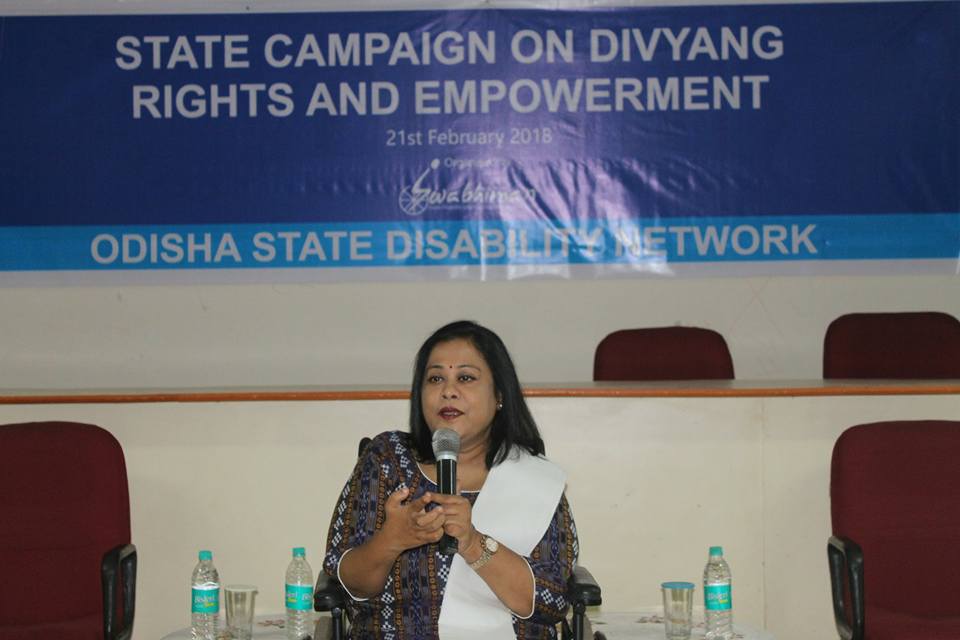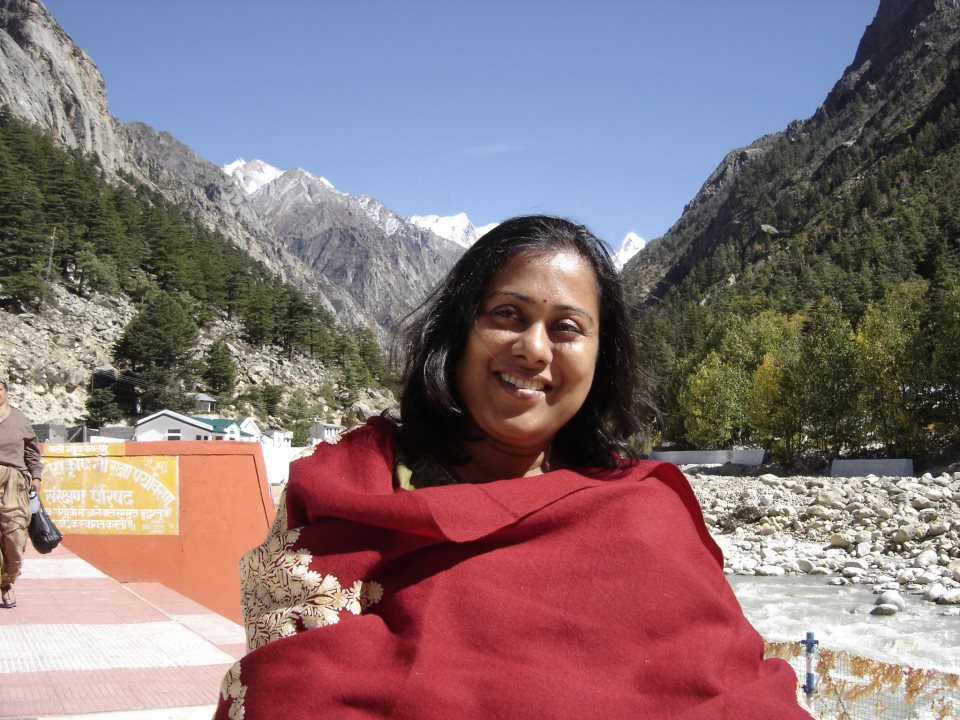In India, there are various government initiatives and a number of non-profit organisations working towards the upliftment of the differently-abled population.
However, despite these efforts, when compared to countries around the world, one has to admit that there is an inherent gap in the opportunities and provisions for the community in the country.
Stamping one’s identity with their limitations for an entire lifetime, the failure of both the government and civil society in this regard, has resulted in not only restricting many talented individuals from realising their full potential but also prevents our fellow citizens from living their lives.
Sruti Mohapatra, a native of Odisha, had been one of those promising individuals, and many would say that she had a great future ahead of her.
She dreamed of becoming an IAS officer, and had cleared the UPSC civil services exam in her twenties and made it to the Group A allied services.
With her eyes still lingering on the coveted administrative services, Sruti gave the exams another shot in 1987 and managed to clinch the interview call. Unfortunately, a few days before the interview, Sruti ended up severely injuring her spinal cord in a devastating car accident that would cost her the dream she had carried forever.
At that point of time, no constitutional or legal provisions existed that could be directed in her favour. Even the Equal Opportunities Act (1995) was put into effect over a decade after the incident that left Sruti wheelchair-bound. After multiple requests to the UPSC, she was only offered a relegated post and that too, slipped out of her hands when she questioned the system.
Despite the debilitating accident, Sruti mustered up the courage to move on from it and began a study circle for civil services aspirants in training programmes that were sponsored by both the union and state government in the same year itself—something that she continued till 2006.
This gave her a financial independence that otherwise would have not materialised, had she given up hope.
Eventually, Sruti chose to pursue a different course of work—advocacy and social activism to initiate changes for the differently-abled community in Odisha—that would change her life.
This way, instead of giving up in a situation that would break even the most strong-willed person, she decided to work towards the betterment of differently-abled people.
In 2001, she established Swabhiman, the State Disability Information and Resources Centre in Bhubaneswar, which works towards empowering differently-abled people in the state and has been essaying the role of the chief executive since its inception.
In 2007, greater responsibilities walked into her way as the director of the Odisha IAS Study Circle, which was a career counselling and tutorial centre for students. Under this organisation, she successfully trained hundreds of students who now occupy various positions in banks, research institutes, universities and civil services.
But what the iron-willed lady will forever be remembered for by the differently-abled citizens of Odisha, will be the elemental role she played in paving the way for devotees who use wheelchairs to access the Jagannath temple, in October 2009.
She managed to mobilise this through persistent appeals to sevayats in Puri and the state government along with other human rights activists.
Today, the 54-year-old is a shining example of overcoming a terrible situation, to not just people afflicted with varying forms of physical and mental limitations but for each one of us.
The wheelchair is the only limit for Sruti and that too, when it comes to mobility but when it comes to dreaming and transforming it into reality, there are no limits.
In recognition of her outstanding contribution to the society, Sruti was bestowed with the CNN-IBN Real Heroes Award in 2010. She was also awarded the Vidya Bhawan Social Service Award by the former President of India, Pranab Mukherjee in 2013.
A salute to the unstoppable woman that is Sruti Mohapatra, who did not let anything, not even failure, to pull her down.
(Edited by Gayatri Mishra)
Article Source: The Better India


